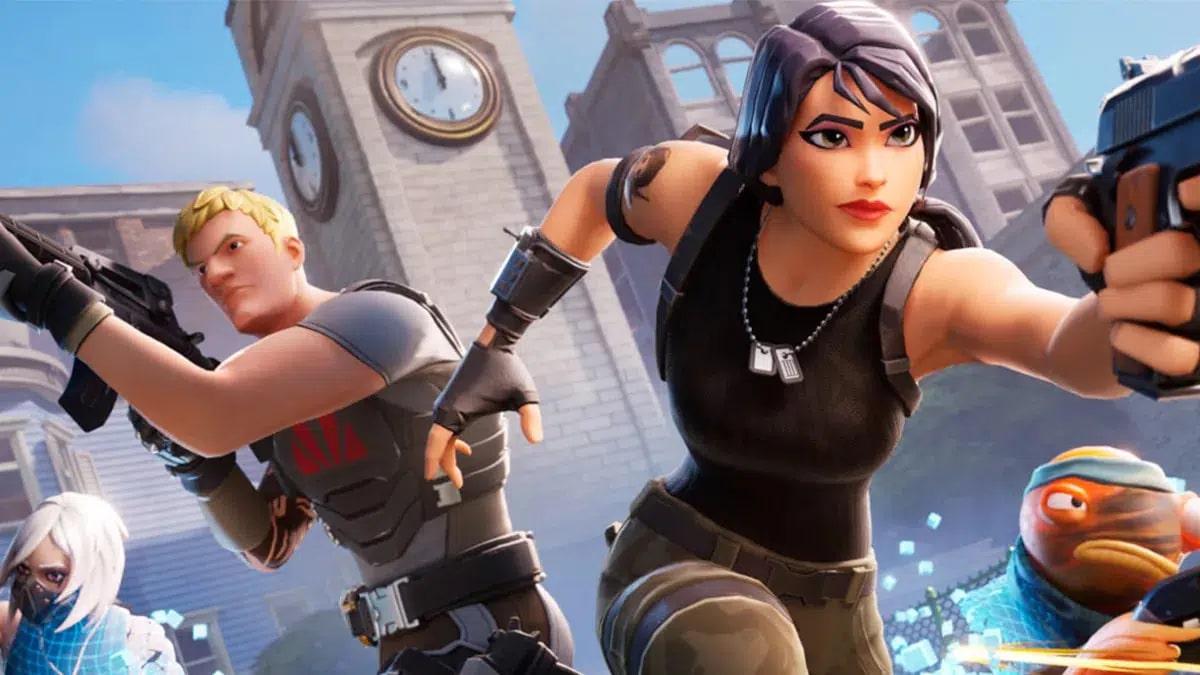Fortnite Cheater Ordered to Pay Epic Games $175,000 for Tournament Fraud
Fortnite Player Faces $175,000 Fine for Cheating and Copyright Violations
Sebastian Araujo, a competitive Fortnite player who previously earned nearly $7,000 from tournament winnings, has now been ordered to pay Epic Games a hefty sum of $175,000 due to cheating violations and copyright infringement.
Details of the Cheating Incident
According to reports from Epic Games, Araujo was banned on June 6, 2024, after being caught using an external device during a tournament. This device accessed the computer’s memory directly, bypassing the game’s anti-cheat system and giving him an unfair advantage.
Attempts to Evade Bans and Continue Cheating
Rather than accepting the ban, Araujo devised a plan to cheat further. He created at least three fake accounts and employed a spoofer tool to hide his hardware details, allowing him to participate in competitions undetected. He continued competing until October 2024, despite ongoing investigations.
Legal Actions and Financial Penalties
Over a period of four months, Araujo entered 18 tournaments, winning approximately $6,850. During this time, he received nearly 1,000 complaints from other players about suspicious activity. Epic Games launched an investigation, which culminated in a lawsuit filed against him in December 2024.
Since Araujo failed to respond to the court proceedings, the lawsuit resulted in a default judgment. The court ordered him to pay $168,550 for copyright violations and an additional $6,971 to cover legal costs. An extra $100,000 fine was considered excessive and was dismissed by the court.
Charitable Donation and Community Impact
Epic Games announced that the total amount awarded will be donated to Child’s Play, a charity dedicated to providing games and toys to children in hospitals, turning a legal setback into a positive contribution to the community.
Additional Controversies in Fortnite
Previously, Epic faced criticism for using the voice of Darth Vader in Fortnite without proper authorization. The Screen Actors Guild claimed that the late James Earl Jones did not give permission for his voice to be used in video games, adding to ongoing legal challenges surrounding the game’s content.

